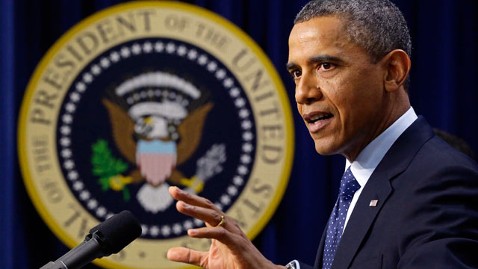Despite stated label risks of possible fatal heart attack, stroke or organ failure, college football players across the country are still being given injections of a powerful painkiller on game days so they can play while injured, an ABC News investigation has found.
The drug, a generic version of Toradol, is recommended for the short-term treatment of post-operative pain in hospitals but has increasingly been used in college and professional sports, and its use is not monitored by the NCAA, the governing body of college sports.
Only two of the country's top football programs, Oklahoma and the University of Nebraska, reported to ABC News that they have limited or stopped the use of the drug in the wake of growing concern about its risks.
Which Top-Ranked College Football Teams Use Toradol?
Oklahoma said it stopped using the painkillers in 2012 after using them repeatedly in 2010 and 2011.
Nebraska said its doctors now restrict its use.
SEND TIPS About Painkiller Use in College Sports to Our Tipline
"While team physicians reserve the option to use injectable Toradol, it is rarely prescribed, and its use has been avoided this season following reports of heightened concern of potential adverse effects," Nebraska said in a statement to ABC News.
Stephen Dunn/Getty Images
Despite Risks, College Football Still Uses Powerful Painkiller Watch Video
The top two college football programs, Notre Dame and Alabama, refused to answer questions from ABC News about the painkiller. They play for the national college championship on Jan. 7.
Controversy surrounding the drug has grown this year following claims by former USC lineman Armond Armstead that he suffered a heart attack after the 2010 season, at age 20, following shots of generic Toradol administered over the course of the season by the team doctor and USC personnel.
"I thought, you know, can't be me, you know? This doesn't happen to kids like me," Armstead told ABC News.
The manufacturers' warning label for generic Toradol (ketorolac tromethamine) says the drug is not intended for prolonged periods or for chronic pain and cites gastrointestinal bleeding and kidney failure as possible side effects of the drug.
In addition, like other drugs in its class, the generic Toradol label warns "may cause an increased risk of serious cardiovascular thrombotic events, myocardial infarction (heart attack), and stroke, which can be fatal."
"This risk may increase with duration of use," the so-called black box warning reads.
In a lawsuit against the school and the doctor, Dr. James Tibone, Armstead claims the school ignored the stated risks of the drug and never told him about them.
"He was a race horse, a prize race horse that needed to be on that field no matter what," said Armstead's mother Christa. "Whether that was a risk to him or not."
Armstead says he and many other USC players would receive injections of what was known only as "the shot" in a specific training room before big games and again at half-time.
"No discussion, just go in. He would give the shot and I would be on my way," Armstead told ABC News.
Armstead said the shot made him feel "super human" despite severe ankle, and later shoulder pain, and that without it, he never could have played in big USC games against Notre Dame and UCLA.
"You can't feel any pain, you just feel amazing," the former star player said.
USC declined to comment on Armstead's claims, or the use of Toradol to treat Trojan players.
An ABC News crew and reporter were ordered off the practice field when they tried to question USC coach Lane Kiffin about the use of the painkiller. USC says the ABC News crew was told to leave because they had not submitted the appropriate paperwork in advance to attend the practice session.

















